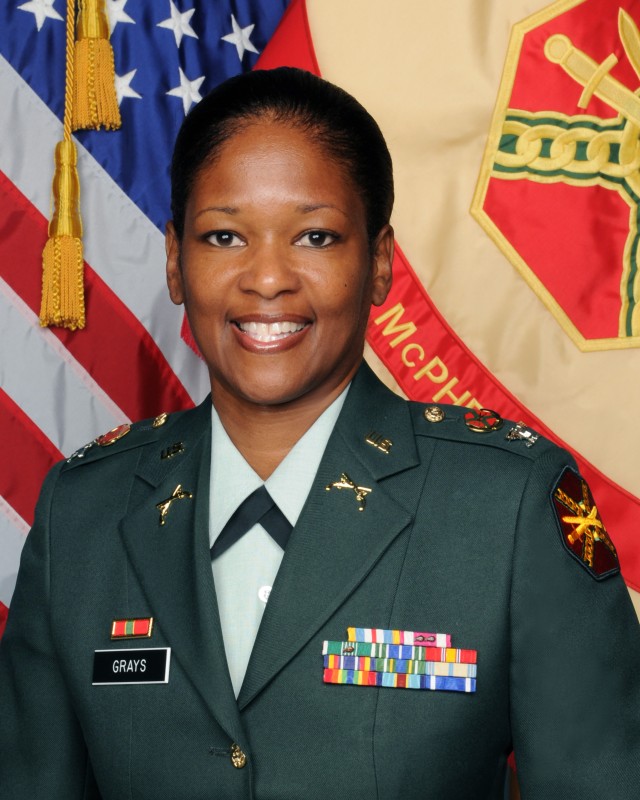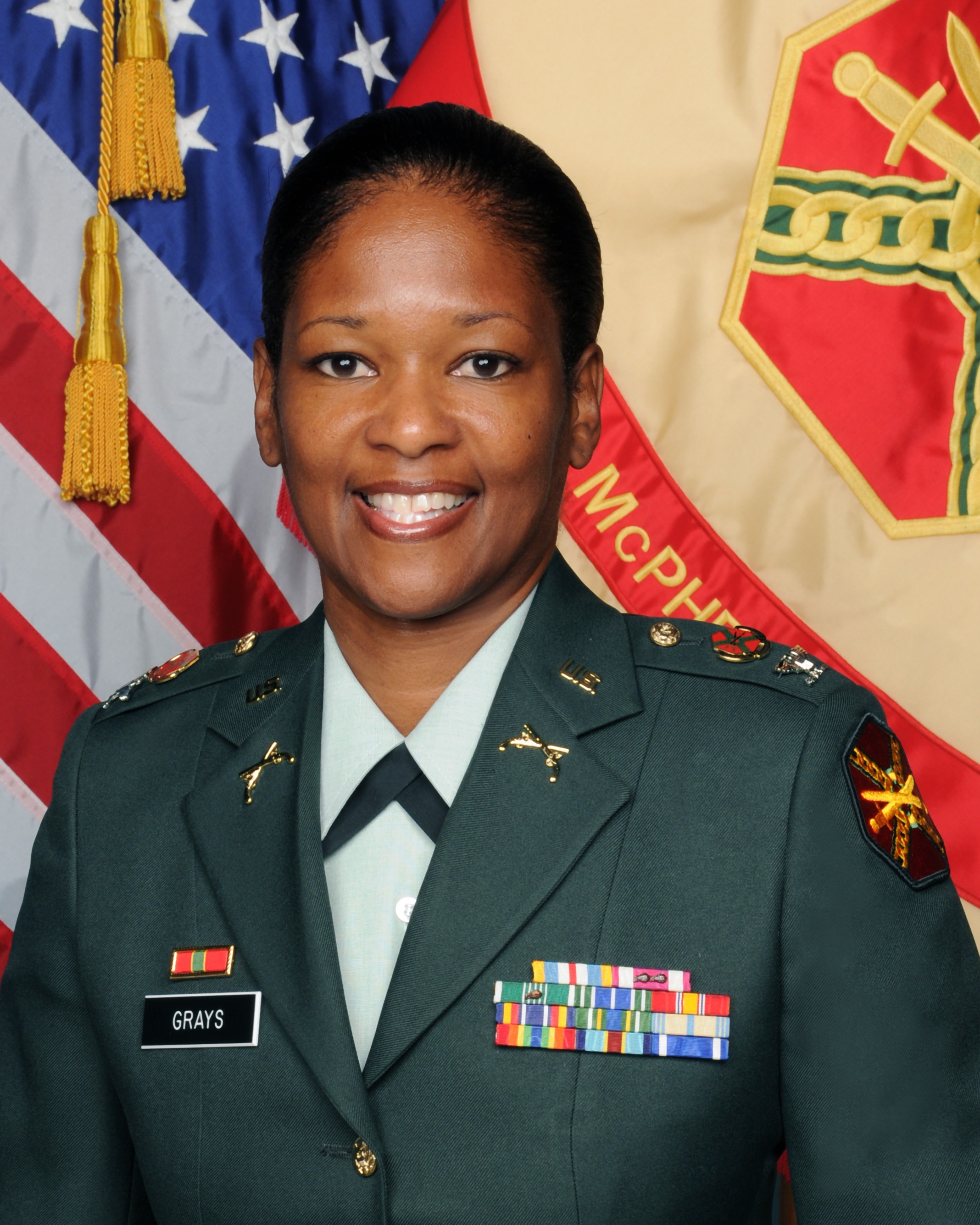Commander's Corner
Garrison Commander
Fort McPherson & Fort Gillem
In today's high-tech world, we connect with family friends, and colleagues in many ways. One of the foremost ways is through social networking sites such as Facebook, MySpace and Twitter. Use of social networking sites can be fun and rewarding, but it can also lead to dangerous situations. Here are a few simple tips to help keep the experience as safe and secure as possible.
First, keep personal information to yourself. Don't post your full name, Social Security number, address, phone number, or financial information - and don't post other people's personal information. Be cautious about posting information that could be used to identify you or your physical location. This includes personal information in your screen name that could reference something else in your life.
Even information as mundane as your high school mascot or your birth year can be enough for unwanted visitors to put together more information than you intend.
Second, limit access to your postings to those closest to you. Remember that the Internet is the world's biggest information exchange. More people could see your information than you intend, including your parents, your fellow Soldiers, your employers and your subordinate employees.
The safest way to deal with this is to not post information about yourself online that you don't want the general public to know. If you do post such information, think about restricting access to a select group of people, such as friends from school, your community groups or your family. I urge all users of social networking sites to familiarize themselves with the Web sites' security settings.
Third, consider not posting your photograph online. Others can alter your picture and broadcast it in ways you may not want or expect. Once you post information or a photo online, you can't take it back. Even if you delete the information from a site, Web sites continue to store deleted information and older versions probably still exist on other people's computers.
Fourth, update your current status messages with caution. Don't tell others you're going out somewhere or are away for the weekend for a trip. It invites anyone who can see that update to take advantage of the fact that your house is now empty. Don't advertise that you live alone, for that has greater security risks. While it may seem fun to update your friends on the intimate details of your life, it also creates unnecessary security risks.
Soldiers and Family members must be especially mindful of operational security when posting information about deployments, deployment locations or unit movements. There are people looking for that information who do not have our best interests in mind.
Please do not interpret this message as discouraging the use of social networking sites to stay connected with friends and family. I simply advise you to remain mindful of the risks presented with the widespread dissemination of information. I encourage you to learn more about the social networking sites you use, and how to adjust the available safety features.
It is through vigilance that we can maintain our security and safety. Remember, there are a few aspects of your life that should remain yours, and other Soldiers' security may be at risk as well as your own.


Social Sharing